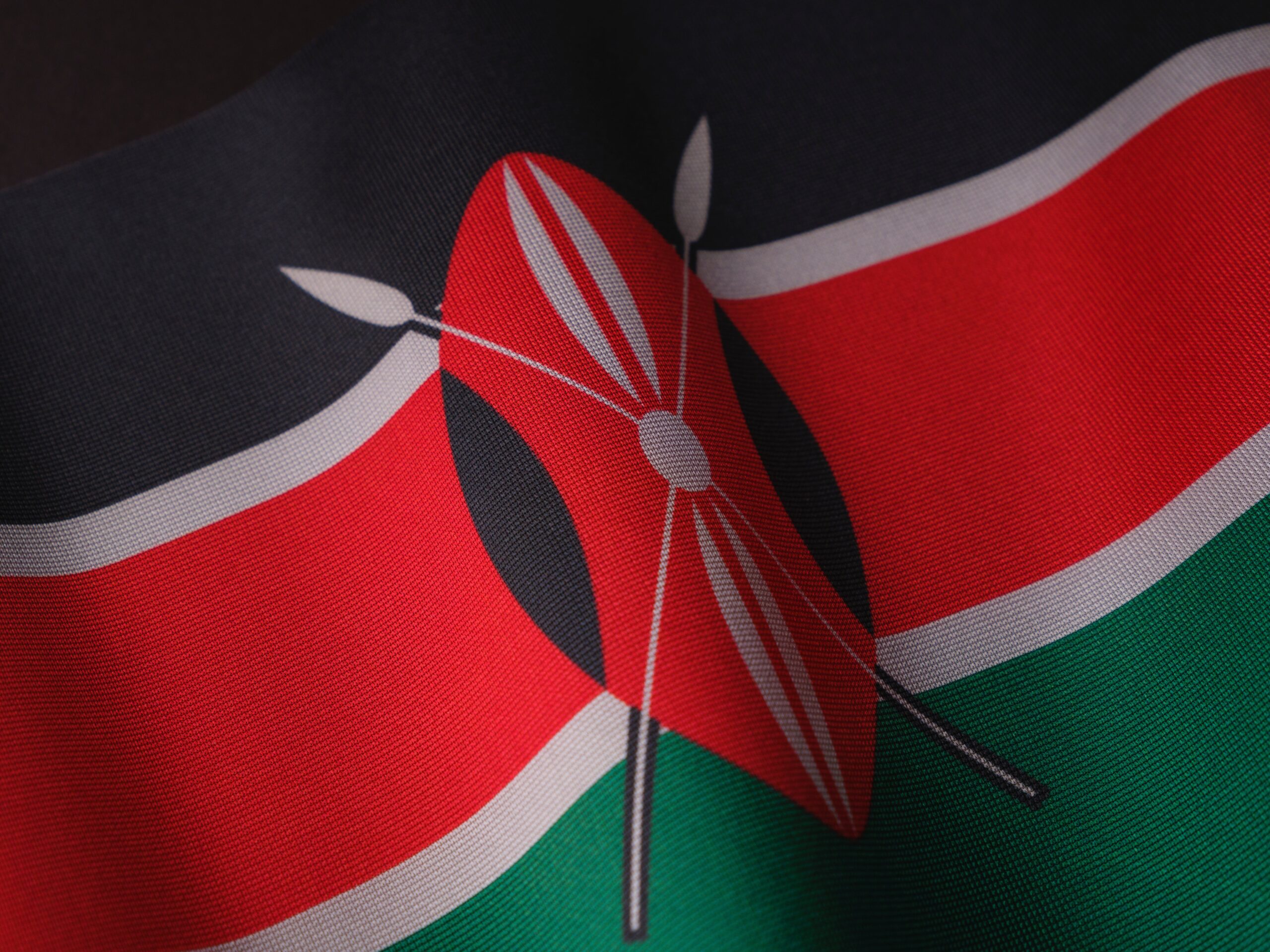Kenya’s government has recently introduced charges for acquiring national identity cards, a move that has stirred discontent among many citizens.
Up until now, Kenyan citizens could obtain their national identity cards at no cost upon reaching the age of 18. However, the government has now imposed a fee of 1,000 Kenyan shillings ($6; £5) for new applicants. Moreover, the cost of replacing lost or damaged ID cards has surged by 20 times to 2,000 shillings.
These new charges come at a time when Kenya is grappling with a rising cost-of-living crisis, and as a result, they have triggered widespread frustration, particularly on social media platforms.
The revised fees also impact other government-issued documents, such as passports, marriage certificates, work and residence permits, and birth and death certificates. For instance, obtaining or replacing various categories of passports will now cost more than 50% higher than before, while the fees for obtaining birth and death certificates have surged by over four times, reaching 200 shillings.
Marriage certificates, previously obtainable at a lower fee, now come at a cost of 100,000 shillings, more than triple the previous amount. Additionally, the cost of civil weddings has multiplied by ten, reaching 50,000 shillings.
The government has also increased the cost of acquiring citizenship or residence, including doubling the amount payable for children born to Kenyan citizens abroad who wish to obtain permanent residence in Kenya, which now stands at one million shillings.
These steep fee increases are part of a series of revenue-generating measures introduced by President William Ruto’s administration since taking office last year. Many Kenyan citizens have expressed dissatisfaction with the prospect of paying more for government services they believe should already be funded by their taxes.
Concerns have been raised about these significant and sudden increases potentially creating barriers for lower-income Kenyans to access essential government services and participate in processes that require government documents, such as voting and marriage.
One Kenyan shared their concern on the social platform X, stating, “Jokes aside, paying for an ID excludes a group of people from voter registration, hence a huge hindrance to the realization of the right to vote.”
According to the World Bank, approximately 27% of Kenyans live below the poverty line, with daily expenditures of less than $2.15.
Some politicians have criticized these price hikes, and certain government officials have contested them. Roseline Njogu, who heads the department of diaspora affairs, acknowledged an error in the permanent residence fees for children of Kenyan citizens born abroad and indicated that it would be corrected.
Since President Ruto assumed office in September of the previous year, his government has increased taxes on essential items like fuel and introduced higher charges for various government services, including access to national parks. These measures have had a ripple effect, causing increased transportation costs, electricity rates, and commodity prices, which, in turn, led to protests against the rising cost of living earlier this year.
While President Ruto has not yet commented on these increases, he is expected to deliver his first state of the nation address later on Thursday, during which he may outline the achievements of his administration over the past year and present measures aimed at addressing debt and the high cost of living.
![]()
